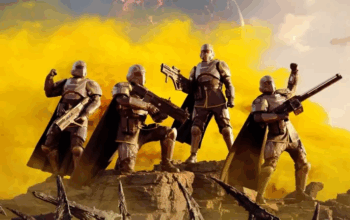In 1949, renowned author George Orwell published what people to be this day hail as the quintessential dystopian novel, 1984.
For those who skipped their middle school required readings, 1984 is set in an alternate “future” where technology and fanatical leftwing politics combine to create a totalitarian state built on blind obedience and oppression.
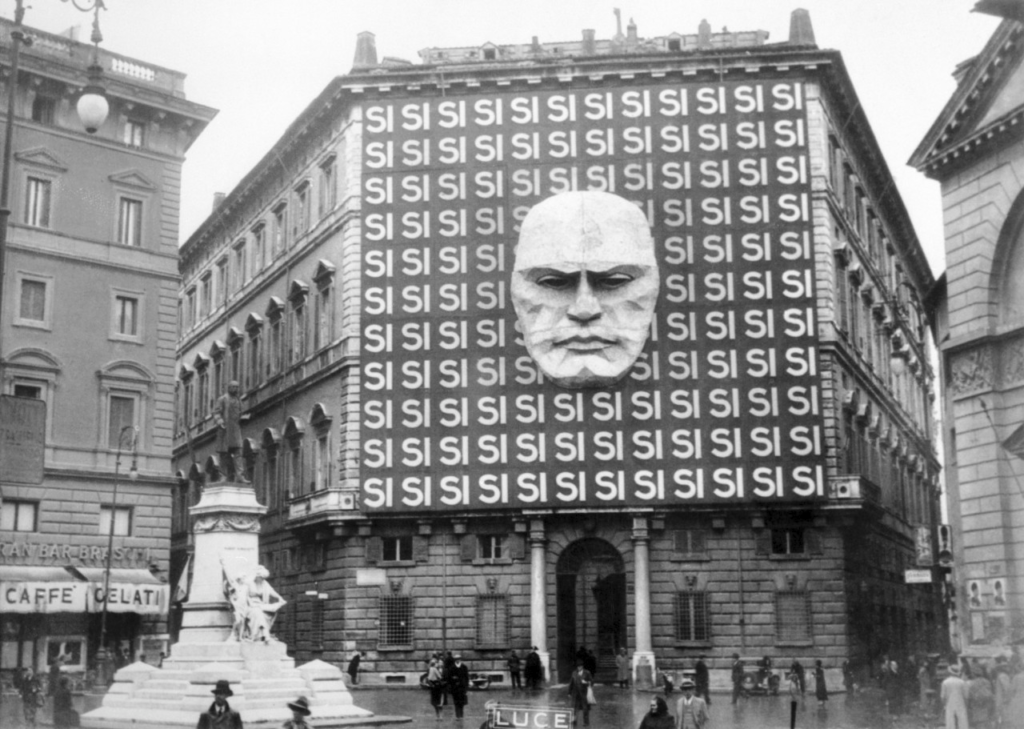
The world of 1984 is divided into three superstates of Oceania, Eurasia, and East Asia – all of which are in a (conveniently) perpetual state of war. The party that rules Oceana is founded on English Socialism, or INGSOC, led by the mysterious Big Brother.
Despite identifying as a socialist himself, many of Orwell’s books are criticisms of the totalitarian regimes based on Stalin. At the time the book was published, The Stalinist style of communism had taken hold of nearly a third of the world in the aftermath of world war two. The idea of this book is how the dangers of technology and Stalinism can combine to strip away personal freedoms, even independent thought.
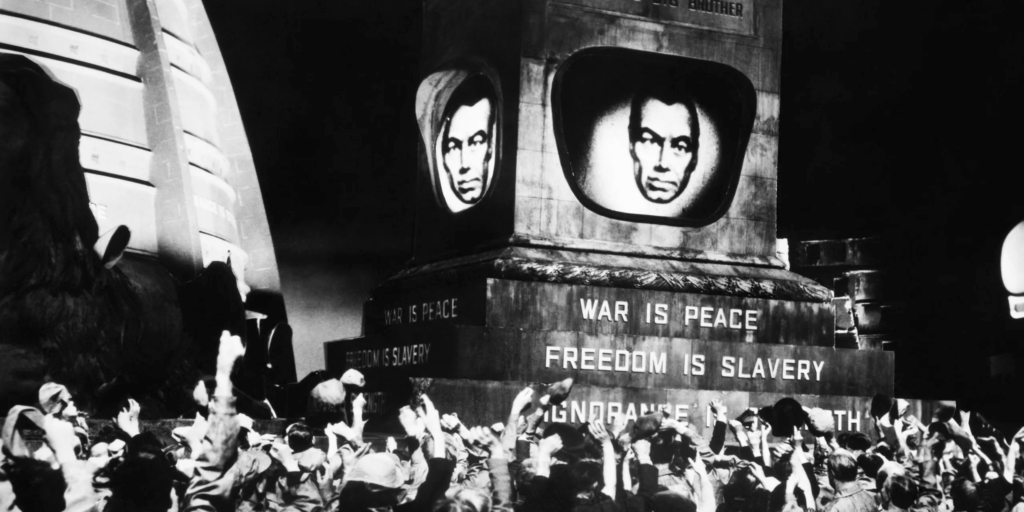
Nowadays, such a scenario has gained even more relevance. With the rise of the internet, social media, and fears of rising authoritarians around the world, it is now a perfect time to remake 1984 – or at least, while we still can.
Fittingly there was a movie made on the book released the same year as its title. The films received somewhat mixed reviews, with much of the criticism geared toward the pacing. It’s clear filmmakers wanted to be faithful to the book, maybe too faithful, as the way the book is paced doesn’t quite translate well onscreen.
Adapting to the Modern Era

If there is going to be a remake of 1984, there certainly have to be adjustments to the story. Given a solid writing team, this novel would be best explored as a miniseries. This allows more time to explore this dystopian world and expand on the characters.
Another aspect to take into account is current technology. Today with advancements in electronics, big screen TVs, laptops, smartphones, and instant access internet, the idea of the government being in control of every aspect of your life makes it all the more possible. We are already seeing this in China and the Gulf countries, with more and more western nations appearing to follow suit.
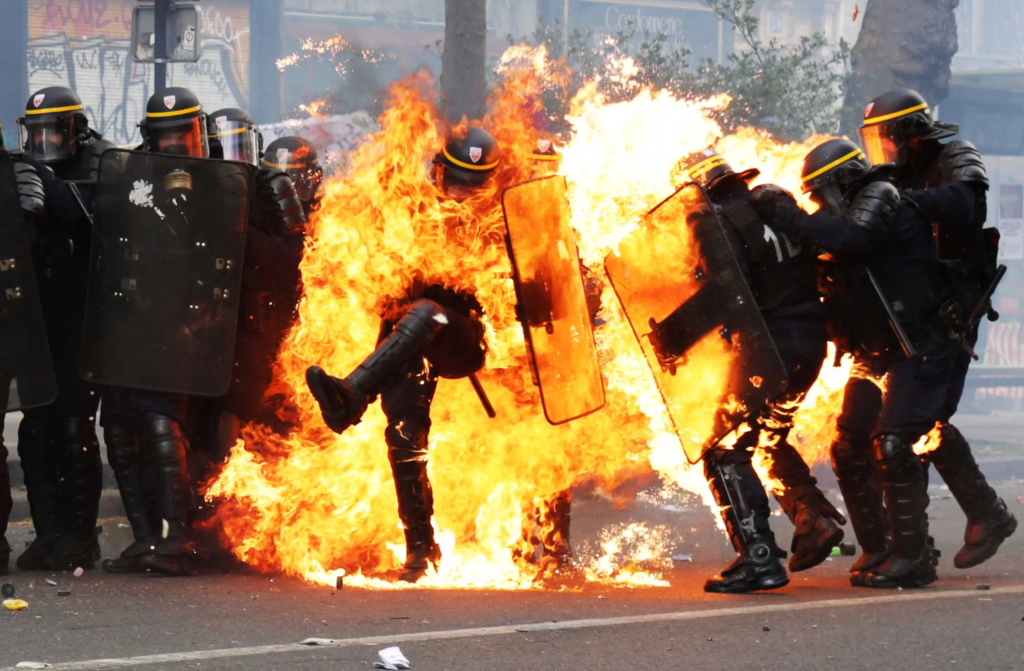
Perhaps it’s time to change the title of the show as well. Orwell’s original tale was based on a vision of the totalitarian future based on his own time of 1949. As such, It only seems right to make a dystopian future 60 years from our current timeline.
Welcome to 2084
Given that this adaptation is a bit looser with the source material, there may be an opportunity to tell this story beyond the book. This is risky territory as often book adaptations writing quality dips when it is pushed beyond the original novel, just ask Game of Thrones or Handmaid’s Tail.
Whether as a movie or series, a remake based on our current technology and politics must be explored in this remake.
Our Dreamcast
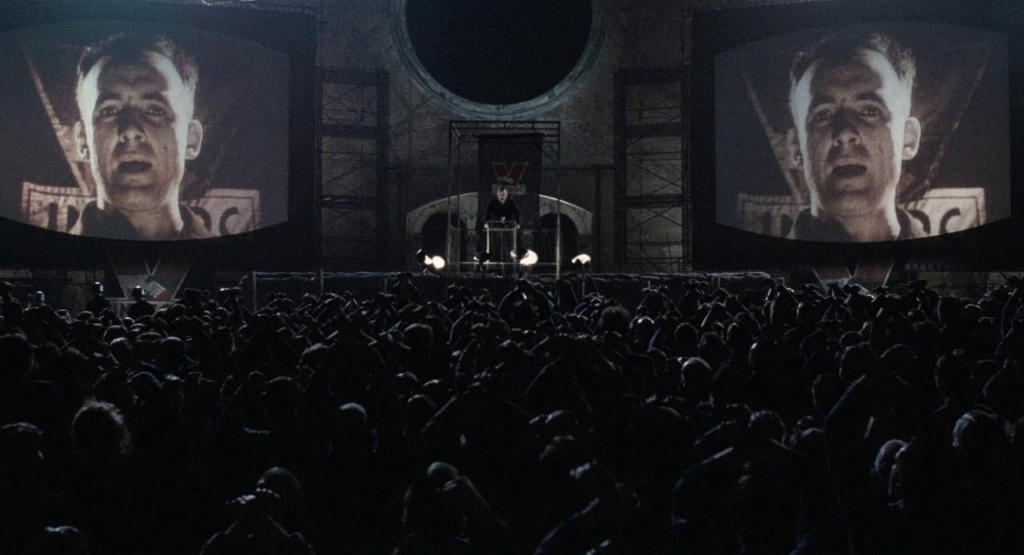
Regardless of what story decisions may come for our remake, we already have a modern-day cast that we feel would both fit the original characters as well as the ability to take their roles even further in this dystopian adventure.
Winston Smith – James McAvoy
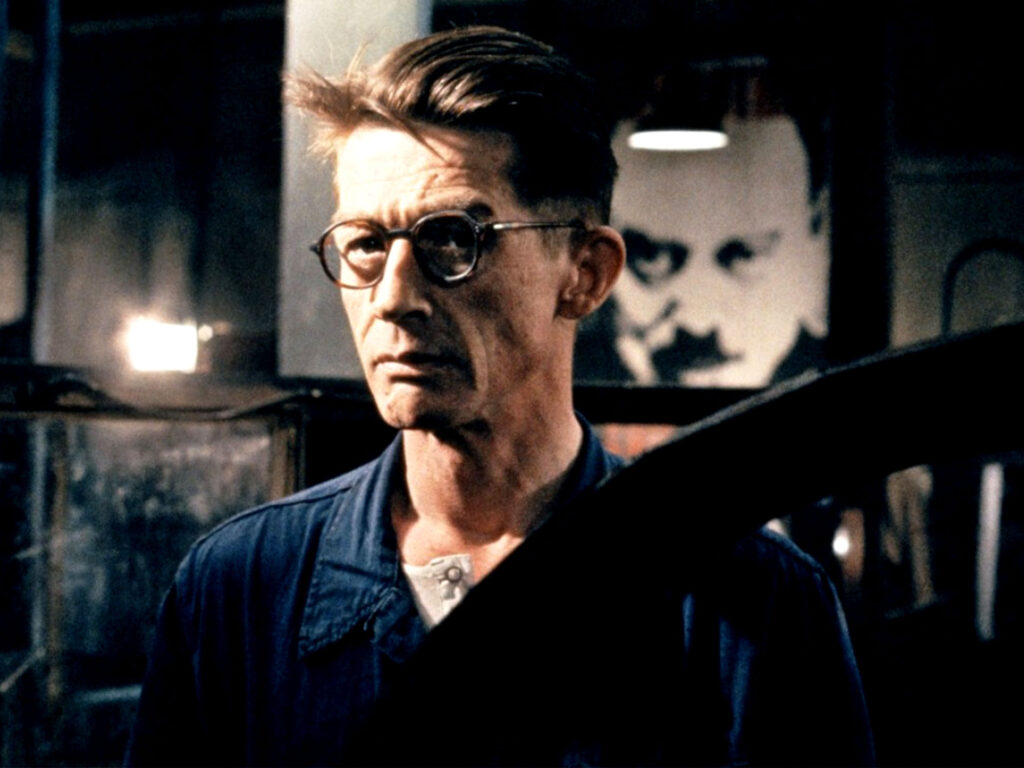
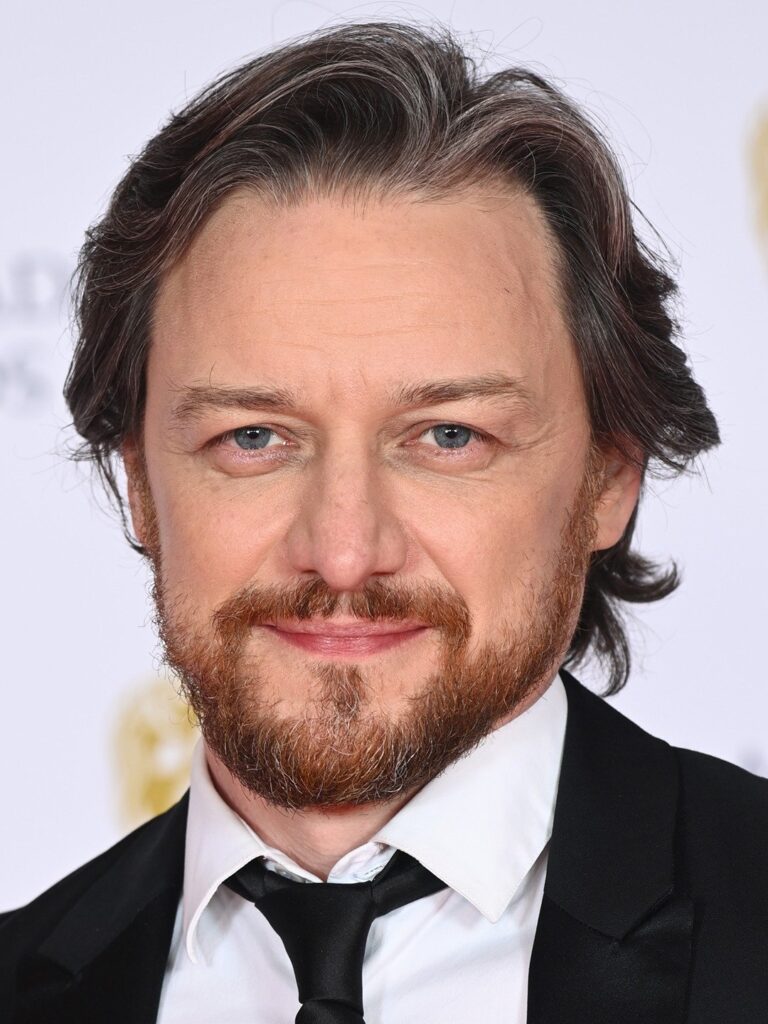
The main charter is Wiston who works for the Ministry of Truth – in charge of censoring and editing propaganda. He’s portrayed as an aging gaunt employee who has secretly hated INGSOC all his life. Now he seeks a way to take down the regime of Big Brother.
James McAvoy is an ideal choice as he can convey this weathered, but still hopeful character – as well as the emotional range to convey someone whose been mentally and physically tortured.

O’Brien – Colin Firth
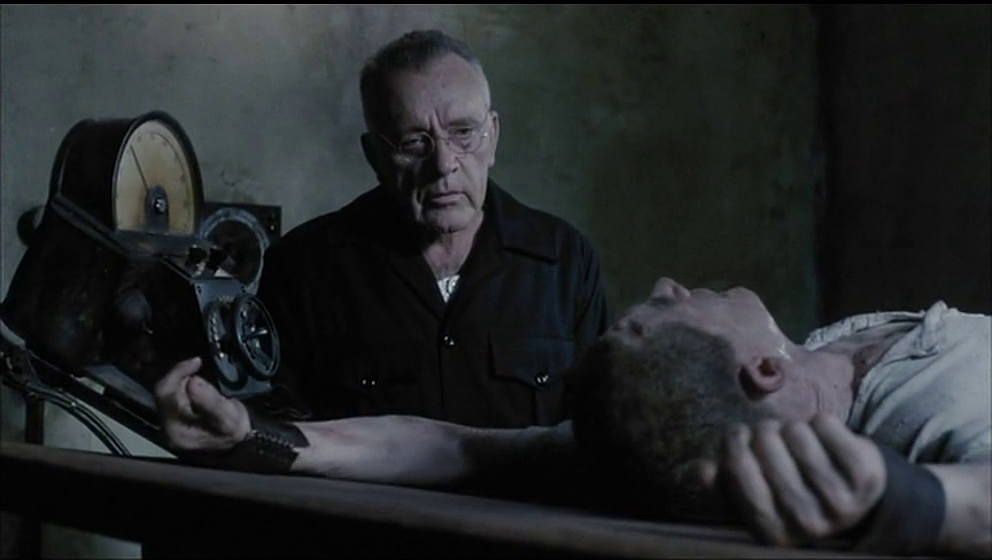
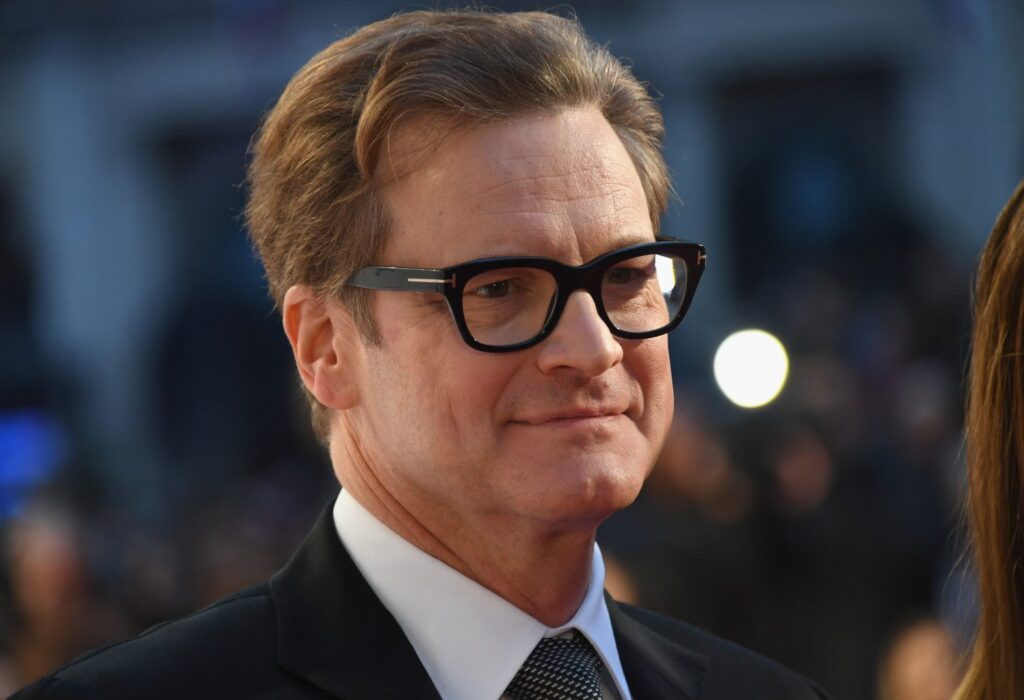
O’Brien is originally introduced as a rebel cell leader in the party but turns out to be playing a double agent working for the Thought Police. He was played in the original by Richard Burton in his last role.
I heavily considered Stellen Skarsgard for the role based on the way he was able to change personalities so well in Andor. However, such typecasting would be too apparent for the eventual twist at the end. This leads me to Colin Firth, as he falls perfectly into the “look fairer, feel fowler” motif, that Frodo has always described as the “servant of the enemy”. Such a description can easily be applied to O’Brien because that’s what makes him such a threatening villain.
Julia – Felicity Jones

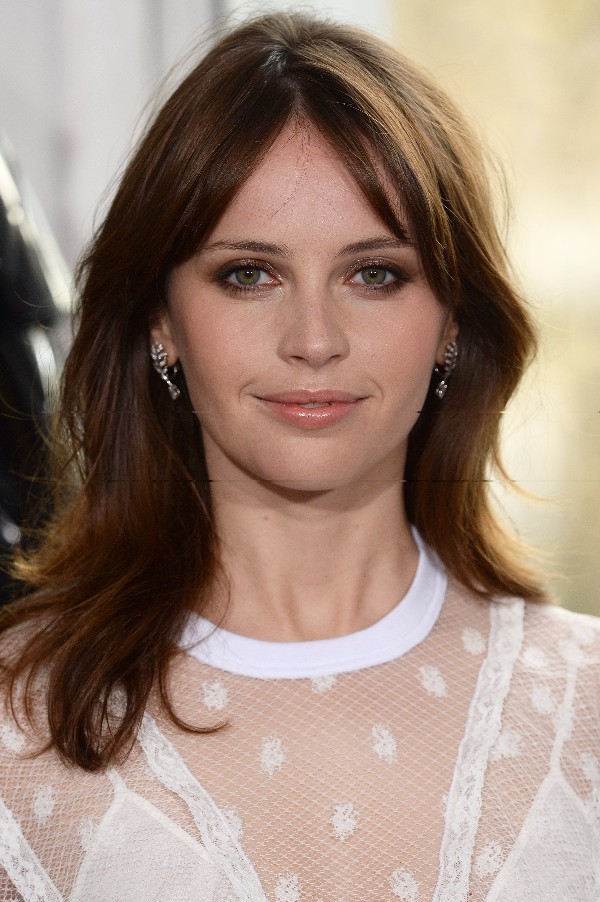
Julia is Winston’s lover and fellow INGSOC dissident. Unfortunately, in both the book and the movie, she really isn’t much of a character. Quite troublingly, both book and film have very sexualized depictions of her, with almost all of her scenes involving her either walking around naked or in bed with Winston (who is also usually walking around naked).
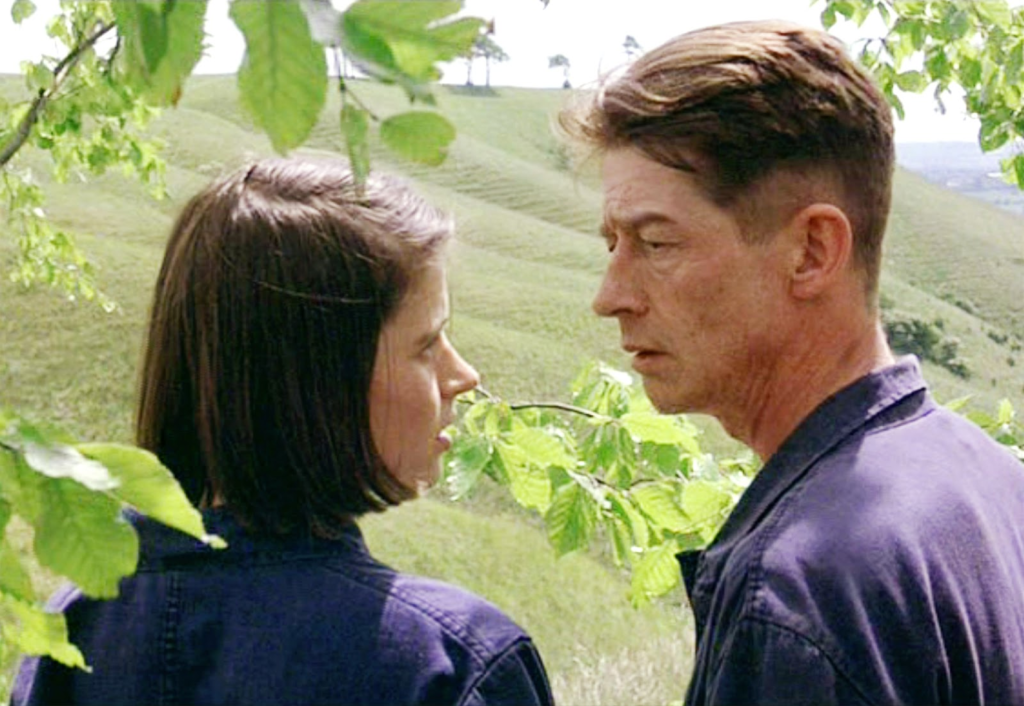
This, however, may be an opportunity to delve into the apparent misogyny that can be very prevalent in the big tech universe. The world of 1984 has a clear misogyny within the party not just towards women, but indeed intimacy itself. There is even an anti-sex league formed with the intent of abolishing intimacy altogether so that people are simply created in vats to serve the state.
While I would preserve the femininity of the character, Julia would play a more active role in the plot. Julie even admits to Winston being promiscuous with other party leaders in the book, paving some way to her adaptation is more of a femme fatale-type.

Julia would be a more complex developed character, who plays an active role in the plot, someone who gathers information from the party to add to Winston, perhaps even finding out about big brother himself.
For this casting, we’ve opted for Felicity Jones as she has played the rebellious character before in Star Wars: Rogue One. It also gives the actress an opportunity to play more evocative roles.
Big Brother – Kenneth Branagh
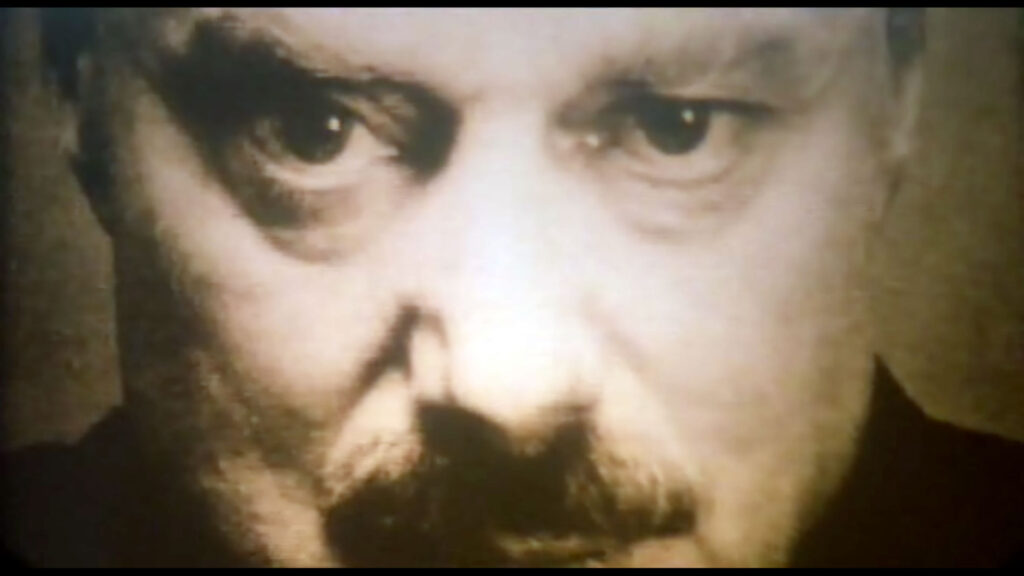

The face of the entire party is known simply as “Big Brother”. His face is seen on every portrait and TV screen in every room with the constant slogan, “Big Brother is watching you”. At times these messages are quite literal, as all telescreens have built-in cameras and microphones.
Big Brother has all this presence, and yet we never see him in person. It is even ambiguous whether or not he really exists. If there is a twist that big brother doesn’t exist, then there may not be a need for a big-name actor or not even an actor at all.
If our adaptation is to be made into a mini-series, it would be an excellent opportunity to expand on that concept. Maybe Big Brother appears to reward O-Brian for catching Winston or even have a twist he’s dying or bedridden. Perhaps If they want to put modern technology into account, he is an advanced deep-fake. As if the big twist is the real big brother died long ago, and INCSOC is led by a party bureau junta.
Conclusion
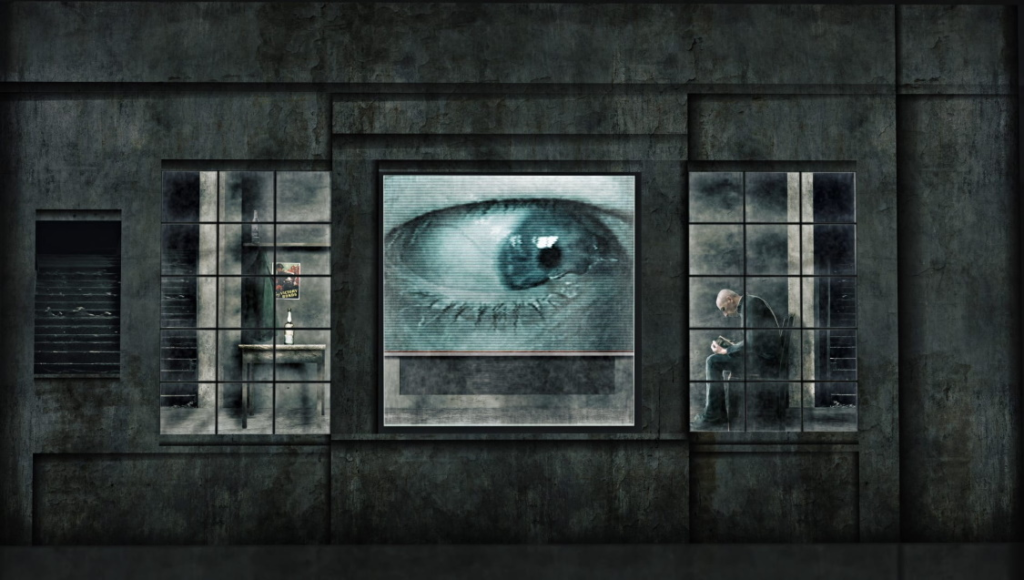
Dystopian novels becoming more and more popular these days, naturally, cause of current politics. With modern technology and misinformation becoming more and more prevalent in our discourse, it’s no wonder people are accusing everything of being “Orwellian” on both the left and the right. Should 2084 become our reality, a little both of these nightmares may just come true.
![Remaking “1984” for the Modern Era – “Welcome to 2084” [DREAMCAST]](https://crude-mirror.com/wp-content/uploads/2023/01/image-1024x683-1.png)


